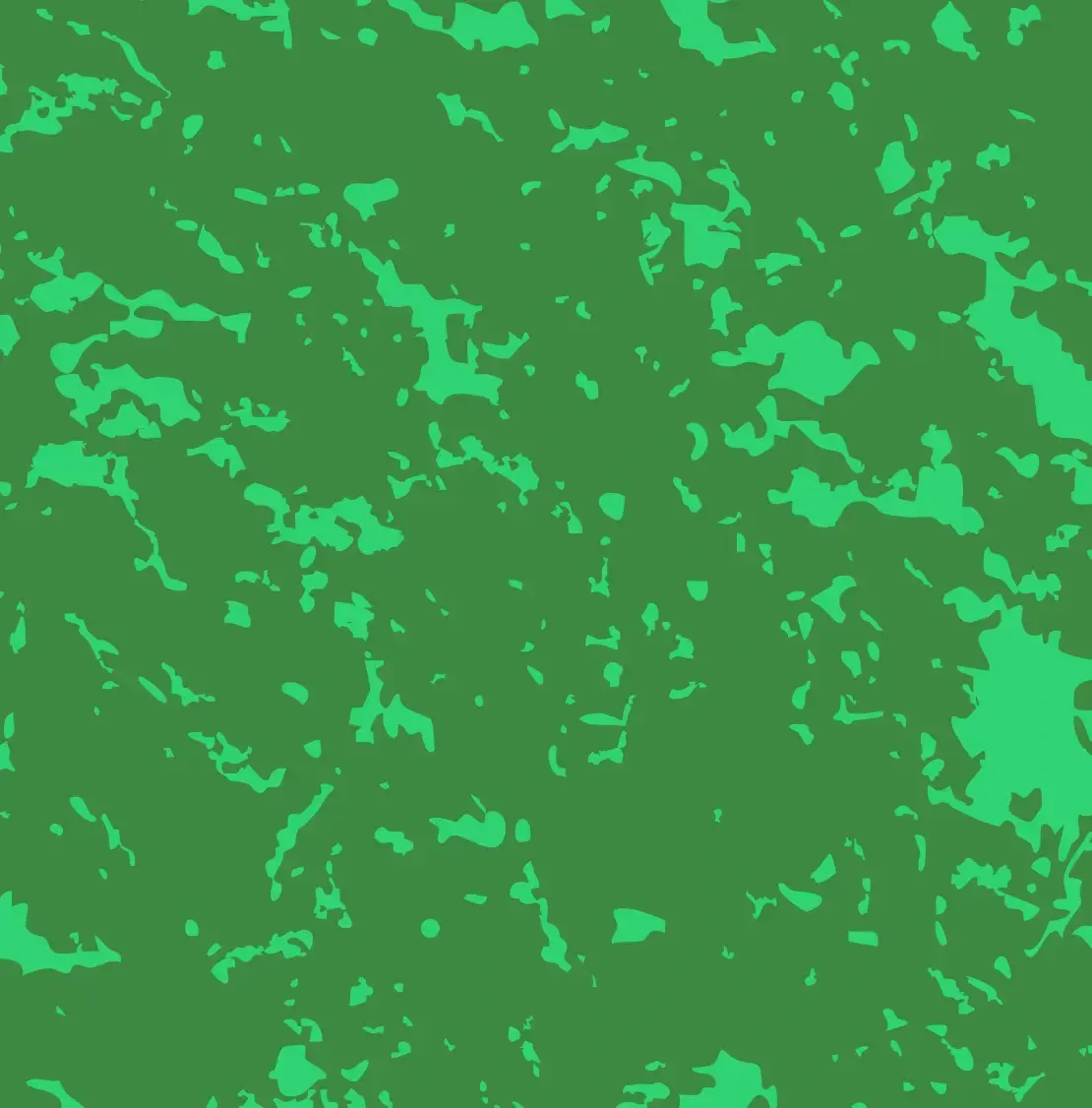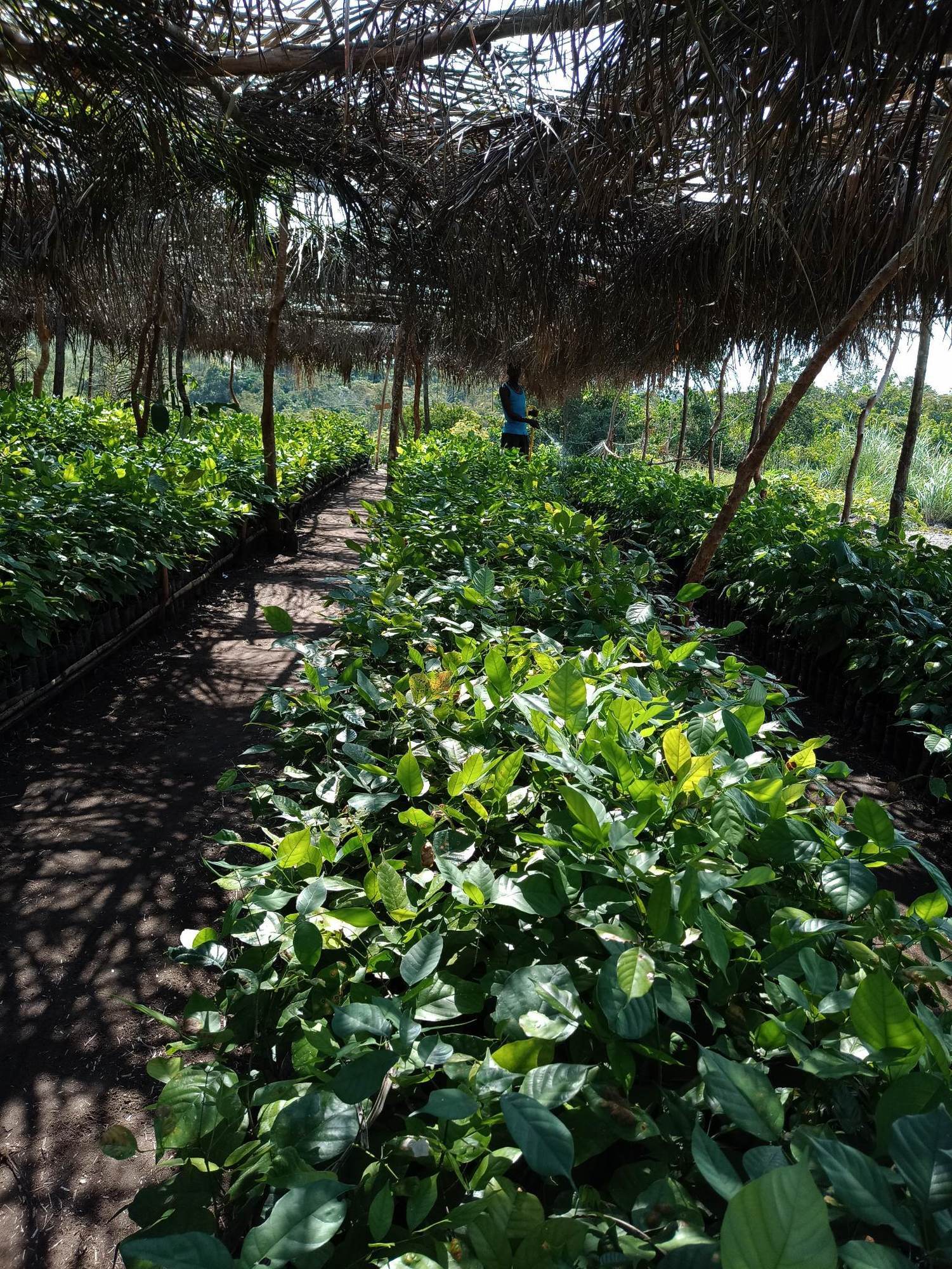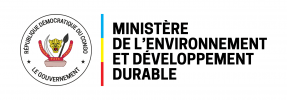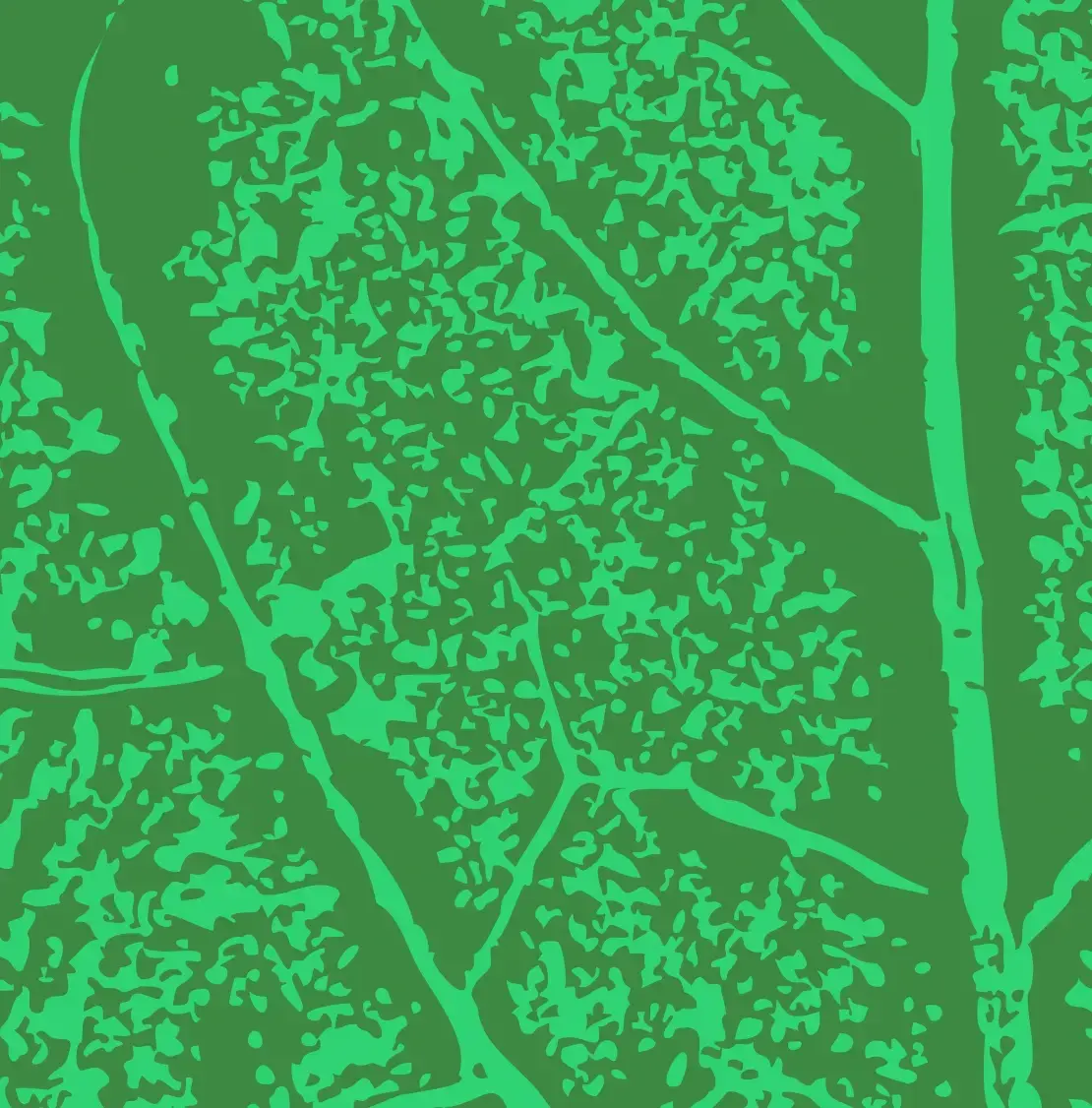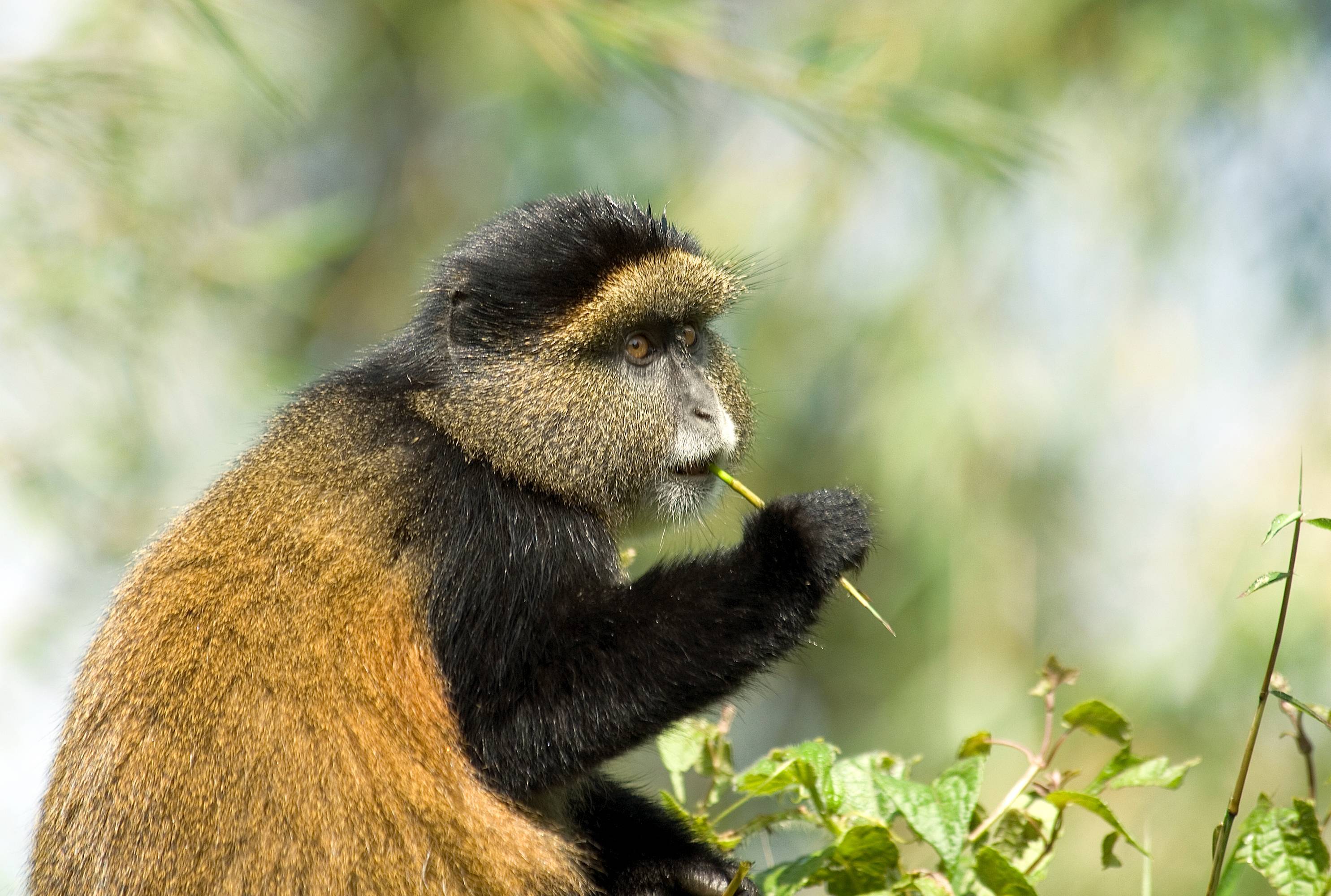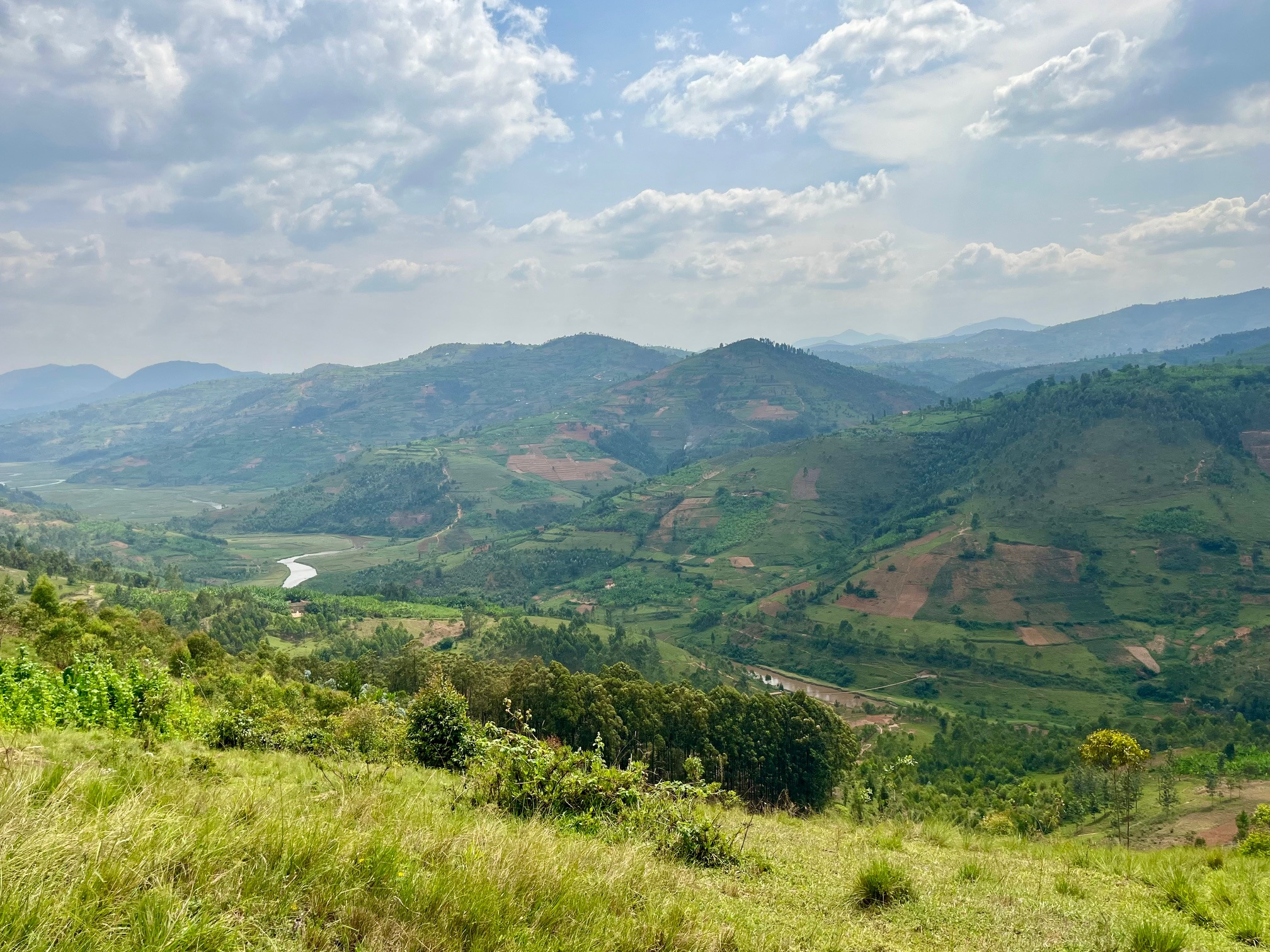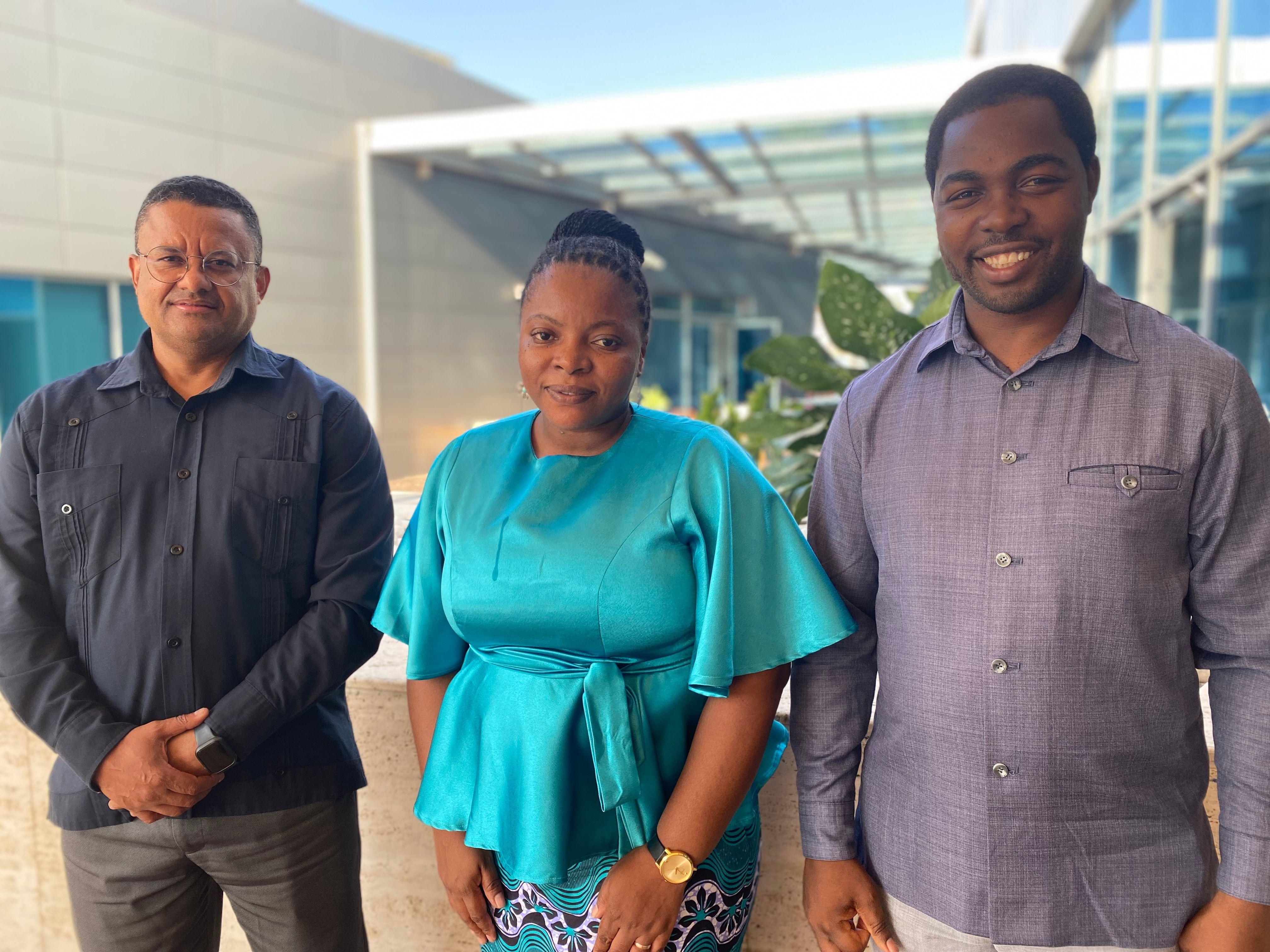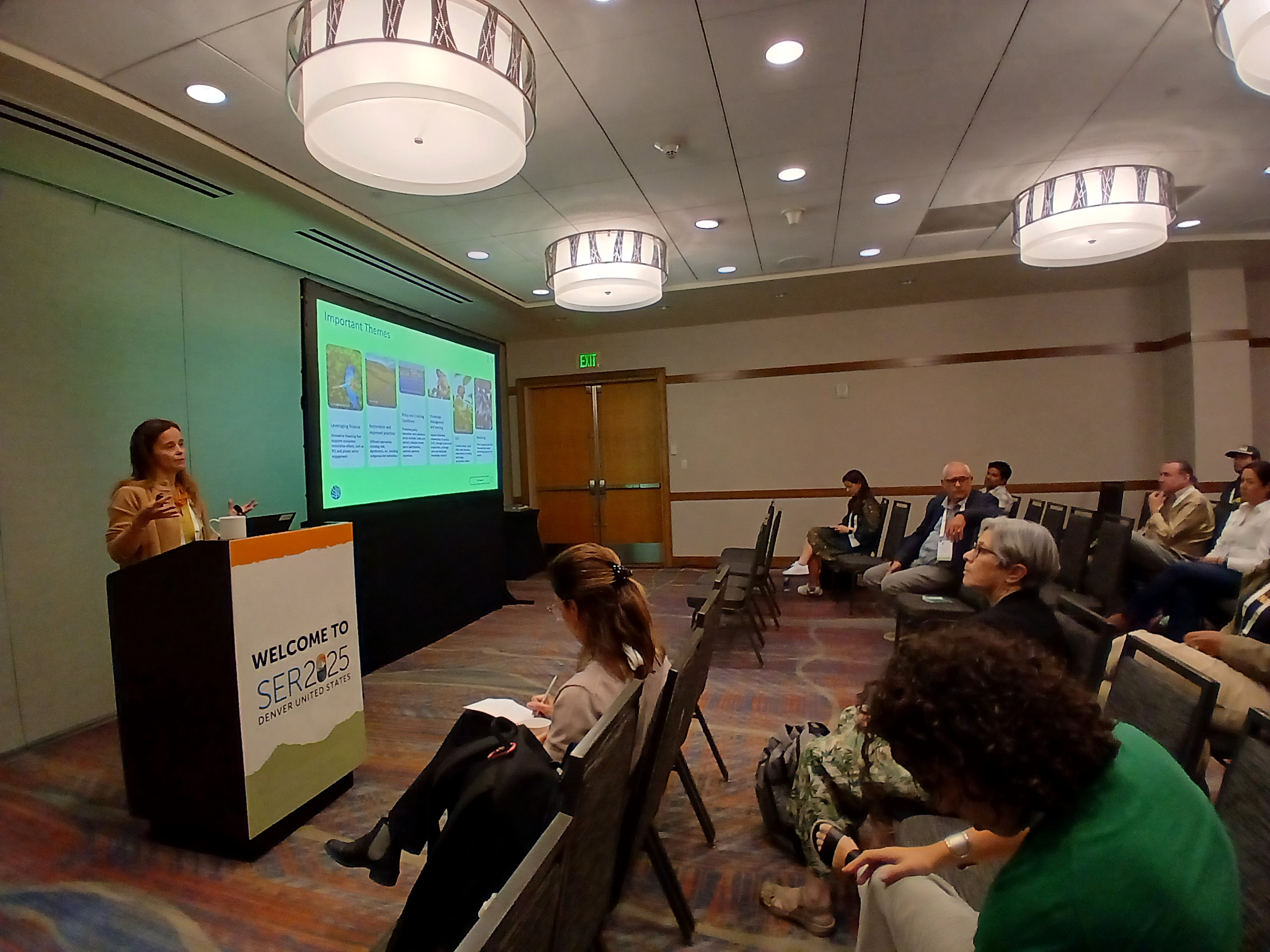Restoration Ambition
The restoration initiative in southern Kwango, Haut Katanga, and Lualaba aims to revive Miombo landscapes while supporting local livelihoods. The project contributes to national and global restoration targets through integrated approaches that address both environmental and socioeconomic priorities.
Key activities include stakeholder workshops to identify policy and regulatory gaps, support for an integrated natural resource management framework, and the creation of a multi-stakeholder platform for knowledge exchange. Facilitators will be trained in participatory territorial planning and georeferencing.
On the ground, the project will restore 9,000 hectares of community forests and launch 30 community-based restoration initiatives. Training programs will focus on sustainable agriculture, agroforestry, and non-timber forest product harvesting. Gender-responsive economic empowerment efforts and cooperative training in sustainable livelihoods are also planned.
To track progress and share lessons, the project will establish a monitoring and evaluation system and develop a communication strategy to disseminate knowledge products. Through these efforts, the initiative seeks to strengthen biodiversity and improve conditions for local communities.
Photo credit: © Faja Lobi
